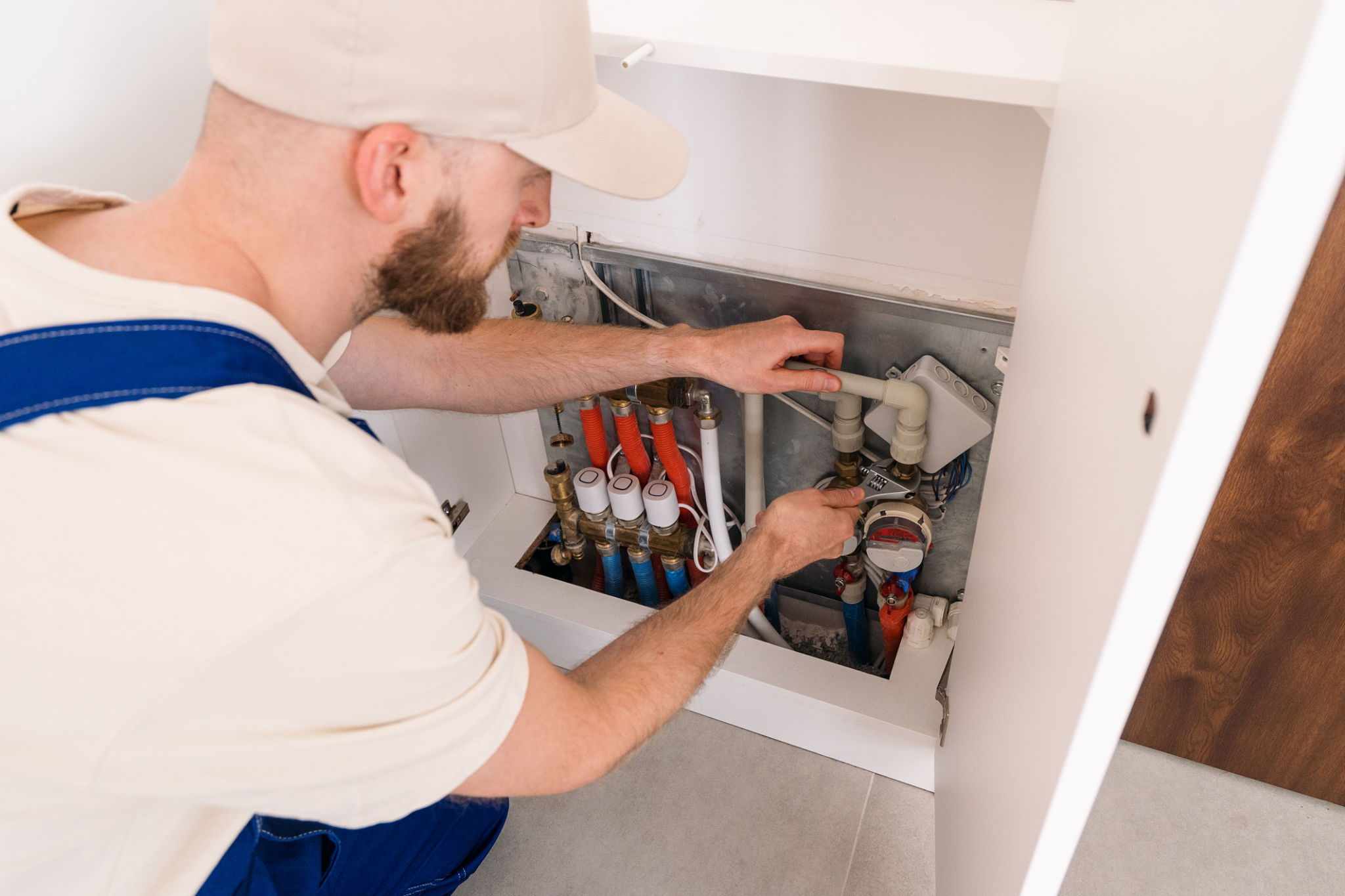How Long Does a Typical Home Inspection Take and What to Expect
Understanding Home Inspections
Purchasing a home is one of the biggest investments most people will make in their lifetime. A critical step in this process is the home inspection, which helps ensure that the property is in good condition. But how long does a typical home inspection take, and what exactly should you expect during this process?

Duration of a Typical Home Inspection
A standard home inspection usually takes about two to four hours to complete. However, several factors can influence this timeframe. The size and age of the home are primary considerations, as larger and older houses may require more time for a thorough examination.
Other factors include the home's condition and the number of systems that need to be inspected. For instance, a home with a basement, attic, and multiple HVAC systems will typically take longer to inspect than a smaller, simpler structure.
What to Expect During the Inspection
The home inspection process is comprehensive, covering various components of the property. Inspectors will assess the condition of the roof, foundation, plumbing, electrical systems, and more. Their goal is to identify any potential issues that may need attention before finalizing the purchase.

Exterior Inspection
The exterior inspection focuses on the home's outer components. This includes checking the roof for signs of damage, inspecting the siding for wear, and evaluating the condition of windows and doors. Inspectors will also examine the foundation for any cracks or issues that might indicate structural concerns.
Interior Inspection
Inside the home, inspectors will evaluate essential systems such as plumbing and electrical wiring. They will check for leaks, test water pressure, and ensure that all outlets and switches function properly. Additionally, they will assess HVAC systems to ensure they are operational and efficient.

After the Inspection: Understanding the Report
Once the inspection is complete, the inspector will provide a detailed report outlining their findings. This report typically includes photographs and descriptions of any issues discovered during the inspection. It serves as a valuable tool for negotiating repairs or adjustments to the home's price.
It is important for buyers to review this report carefully and discuss any concerns with their real estate agent or the inspector themselves. Understanding these details can help you make informed decisions about your potential new home.
Conclusion: The Value of a Thorough Inspection
A home inspection is an essential part of the home-buying process, providing peace of mind by identifying potential problems before closing. While it may take a few hours to complete, this investment of time can save you from unexpected expenses down the road.
Remember, a thorough inspection not only helps protect your investment but also ensures the safety and comfort of your future home. Take the time to understand what to expect and make informed decisions based on the findings.
